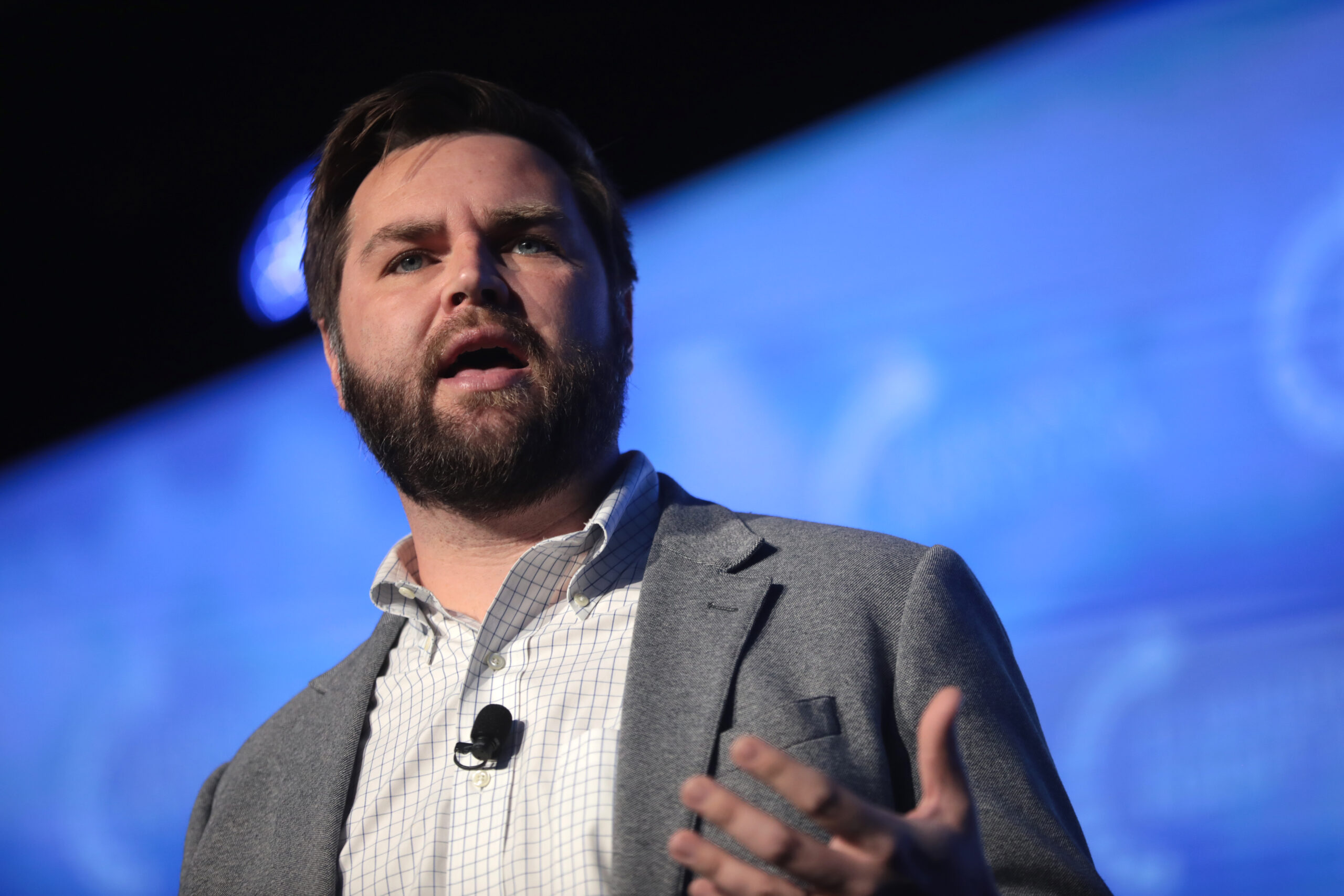On September 13, 14, and 15, thousands of Kroger workers cast ballots at grocery stores across Central Ohio to reject a contract offer and authorize what would be the first large grocery strike in the state in two decades.
It was the third contract offer these workers rejected in two months, as the grocery giant makes little movement on its poverty wage proposals and moves to eliminate retiree healthcare.
“It’s just not enough,” said one Kroger worker, speaking anonymously for fear of retaliation. “With inflation and healthcare, it’s just not enough; people need to have an affordable wage.”
Kroger is one of the largest private employers in the country, with 420,000 employees, about 65% of whom are unionized. But unlike other large unionized companies, like UPS, those workers are divided among over 300 union contracts and many dozens of local unions, with different pay rates and benefits. In Columbus, 12,000 workers across 82 stores are members of UFCW Local 1059.
Because the company is headquartered in Ohio, the current labor fight has political ramifications, given that it’s occurring during a heated statewide battle for a Senate seat. Kroger’s CEO Rodney McMullen – who makes roughly $20 million a year – has been a consistent and reliable donor to Ohio Republicans.
Democrat Tim Ryan is campaigning for Senate as a pro-worker, pro-labor candidate. In a statement provided to More Perfect Union, Ryan took the Kroger workers’ side in the struggle. “Throughout the pandemic, Ohio’s grocery workers have risked their lives to keep our stores open, shelves stocked, and neighbors fed,” Ryan told us. “I stand with these essential workers in their fight for a contract that honors their hard work, including fair wages and fair health care benefits.”
J.D. Vance, who has risen to fame as a self-promoted authority on the struggles of the white working class, refused to comment on the labor fight.
During the pandemic, the grocery giant briefly raised wages; Kroger’s $2 an hour increase lasted just seven weeks, from late March to mid-April 2020. Now workers are back to “normal,” most workers in Ohio start at $12 an hour. But prices are up, and one meat department worker recounted shortages of basic equipment like gloves and wax paper, with workers resorting to using plastic bags to handle meat in his store.
Kroger’s CEO-to-median worker pay gap is one of the most obscene in corporate America. While McCullen rakes in tens of millions a year, the median employee earned $24k in 2020. The issue even drew the ire of billionaire activist investor Carl Icahn, who led an effort to replace Kroger’s board, over what he viewed as egregious treatment of workers. “What is totally reprehensible is that you managed to personally profit from the extremely high margins caused by the pandemic while at the same time reneging on your ‘Hero Bonus’ promise to front-line workers,” Icahn wrote in a letter to McMullen. “Even in a hard-nosed capitalistic system like ours, it is obscene that a CEO makes 900 times what workers earn. It is truly difficult to point to anything comparable, even when considering the grave injustices in the early days of the Industrial Revolution. At Kroger, amazingly, it will take an average worker 20 years to make what the CEO earns in one week. In my 40 years of being an activist, I have never seen anything like this.”
Having voted three times to reject the deal, and 81% in favor of authorizing a strike, Kroger workers are poised for one of the largest grocery strikes ever.
Kroger’s current proposal would bring wages up to $14.95 in 2024, but lower the current top rate by 75 cents to $16.25 for workers hired after the deal is passed (current top-rate workers are grandfathered into a wage scale inaccessible to new hires, making it a two-tier contract). If a worker at the top rate averages less than 36 hours a week over a 12-month period – not uncommon for grocery workers – they get dropped down a further dollar an hour.
After the second contract rejection, Kroger added 15 cents an hour to the wage package, but it wasn’t enough to pass the agreement. Some workers have been calling for a $5 an hour raise, using Kroger’s own slogan, “Strive for five” – encouraging cashiers to place at least five items in each plastic bag.
Despite the low wages, one other current benefit of a long-term job at Kroger is retiree health care. Currently, workers with 20 years on the job are entitled to retiree healthcare from ages 55-65. The new arrangement would stop offering that benefit for anyone who retires in 2025 or beyond, and kick any remaining retirees off the plan as of 2030.
Kroger says they’ll come back to the bargaining table next week, but have touted the deal as their “last, best, and final offer” and have already begun hiring temporary replacement workers and sending out robocalls, telling workers that if the union does strike, they can decide to cross the picket line.
The company says they’re coming back to the negotiating table next week, but workers are making plans to walk out if need be. As one worker told More Perfect Union, “Everyone in my department, we’re ready to go.”
Jonah Furman is a staff reporter with Labor Notes.



